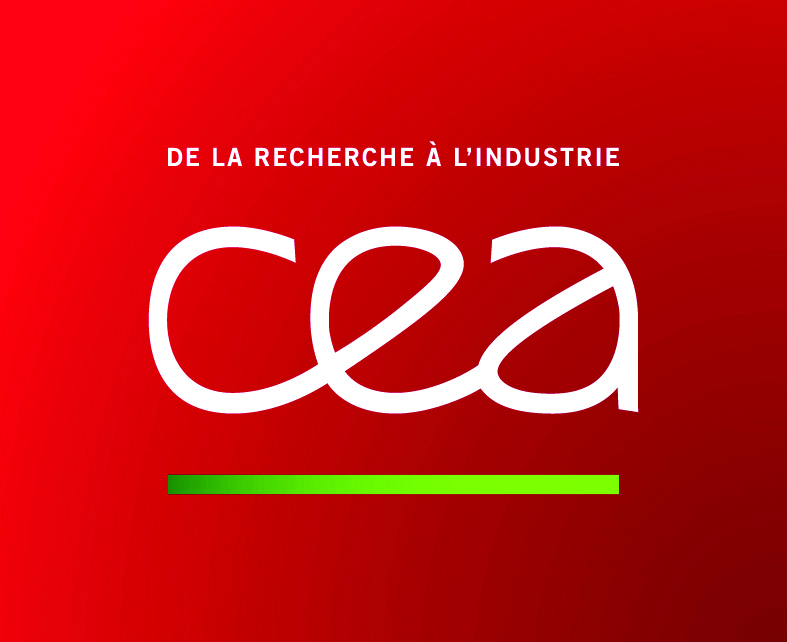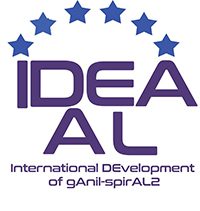Partners
 | GANIL (Grand Accélérateur National d’Ions Lourds) has been funded at Caen, France since 1983 as an institute for fundamental research to investigate and consolidate knowledge about the atomic nucleus. The laboratory is operated jointly by the National Institute of Nuclear and Particule Physics (IN2p3) belonging to the National Center for Scientific Research (CNRS) and Direction de la Recherche Fondamentale (DRF) of the Commissariat à l’Energie Atomique et Energies Alternatives (CEA). Read more |
 | The Centre National de la Recherche Scientifique (National Center for Scientific Research), CNRS is a governement-funded research organisation, under the administrative authority of France’s Ministry of Research. As the largest fundamental research organisation in Europe with an annual budget representing a quarter of French public spoending on civic research, CNRS carries out research in all fields of knowledge and, in particular, in nuclear physics through one of it’s institutes: the National Institute of Nuclear and Particle Physics (IN2P3). IN2P3/CNRS’s mission is to promote and coordinate the research activities in nuclear physics, high-energy physics and their application. Read more |
 | The CEA is the French Alternative Energies and Atomic Energy Commission (Commissariat à l’énergie atomique et aux énergies alternatives). It is a public body established in October 1945. A leader in research, development and innovation, the CEA mission statement has two main objectives: to become the leading technological research organization in Europe and to ensure that the nuclear deterrent remains effective in the future. Read more |
 | GSI (GSI Helmholtzzentrum fuer Schwerionenforschung Gmbh) operates a large accelerator complex consisting of the linear accelerator UNILAC, the heavy-ion synchrotron SIS and the experiment storage-cooler ring ESR. Ions of all elements, from hydrogen to uranium, can be accelerated up to energies of 1-2 A. Gev, highly ionised up to bare uranium, also secondary beams of unstable nuclei or secondary pions are available. The accelerators are complemented by technically advanced experimental facilities as well as a high-energy (kJ), high power (PW) laser system Phelix, which altogether offer outstanding opportunities for current and future research in the fields of hadron and nuclear physics, atomic physics, dense plasma research, material science, biophysics and radiation medicine… Read more |
 | The Niewodniczanski Institue of Nuclear Physic of the Polish Academy of Sciences () established in 1995, is a public reserach institute. The pursued reserach is aimed at explaining the structure of matter from microscopic to cosmis scales, through experiments and/or application of theoretical methods. The activity extends from both theoretical and experimental research, concerning the fiels of particle physics and astrophysics, nuclear and strong-interactions physics, via condensed-matter physics, to interdisciplinary and applied research. Read more |
 | Nucléopolis federates in Normandy the nuclear expertise of companies involved in research, training and industry across the entire values chain of nuclear science in the fields of energy and heath and in the transverse field of risk control. Created in 2010, the cluster of over 75 members including renowned research and training organisations (GANIL, CEA, CNRS, ENSI CAEN, Caen University, etc.) major industrial companies (AREVA, EDF, GDF-SUEZ and DCNS) and a fabric of successful SMEs. This know-how is the resultof extensive experience gained in major nuclear installations such as the AREVA La Haguerecycling plant, the Flamanville reactors, LDRF GANIL and tomorrow around innovating projects such as ARCHADE, SPIRAL 2 and soon AREVA Med. Read more |

